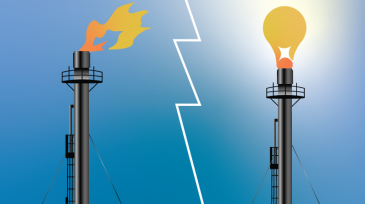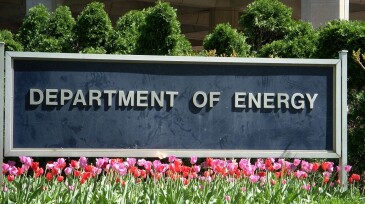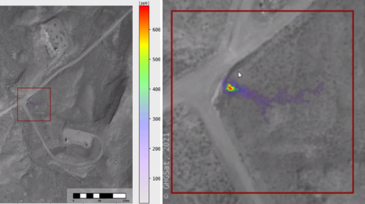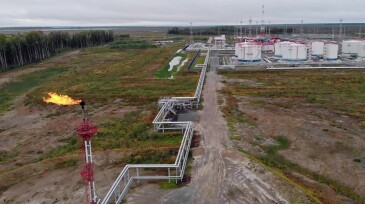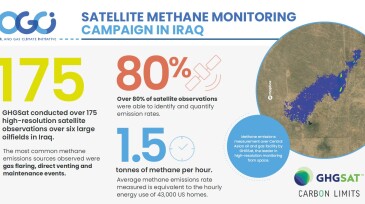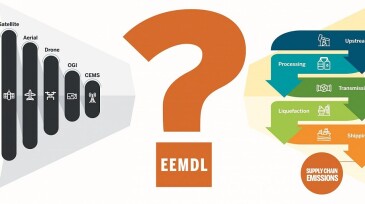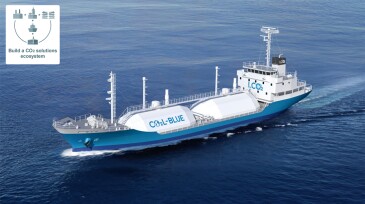Emission management
The Oil and Gas Climate Initiative (OGCI) and nonprofit Carbon Mapper announced they are teaming up to launch a new collaboration aimed at accelerating practical and measurable reductions in methane emissions from the oil and gas industry.
The newly named MTS brings together the full methane ecosystem, end to end—connecting technology, data, operations, and assurance across upstream, midstream, and beyond.
Monitoring on the ground is helping the industry shift from best estimates to hard data so it can bring the true emissions profile into focus.
-
SponsoredImprove modeling accuracy and reduce the risk of unplanned downtime. By eliminating the need for multiple applications, get more accurate and comprehensive pressure safety studies faster.
-
The funding aims to support 22 projects to advance technologies to monitor, measure, and mitigate methane emissions across the US natural gas supply chain.
-
Three leading global financial institutions recently announced updated environmentally linked targets aimed at reducing by 2030 their financed emissions in carbon-intensive sectors, including oil and gas.
-
BPX Energy, BP’s US onshore upstream business, has expanded MiQ certification to 100% of BP’s US onshore facilities in Texas and Louisiana.
-
This case study highlights the effectiveness of unmanned aerial systems in enabling land-based operators to assess the relative seriousness of leaks efficiently by both localizing and quantifying their methane emission rates.
-
This paper discusses how methane detection from oil and gas infrastructure using remote sensing technologies enables operators to quantify and minimize the emissions while gaining insight and an understanding of their operations through data analytics.
-
Oil and gas companies are betting on the use of drones and robots for leak detection and methane emissions reduction.
-
Industry consortium pilot project successfully demonstrates the significant potential of satellite technology in methane emissions detection and mitigation.
-
The University of Texas at Austin will be home to a multidisciplinary research and education initiative, the Energy Emissions Modeling and Data Lab, which aims to address the growing need for accurate, timely, and clear accounting of greenhouse-gas emissions across global oil and natural gas supply chains.
-
The sites with the most CO2 emissions to capture are often far from the best rock to sequester it, leading to design projects for transport ships.




